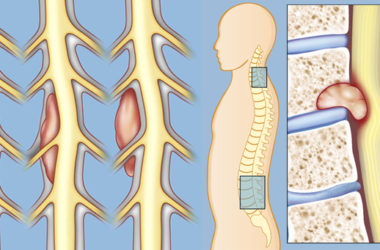Watermelons are the most perfect fruit for the summer. It has water content, packed with vitamin A, vitamin C, vitamin B6, lycopene, citrulline and potassium.
Like most thing even healthy things, when eaten in excess can have side effects too. Consuming too much watermelon can cause negative effects on the body. Too much consumption of watermelon can cause nerve damage, heart problems and digestive disorders.
Though there are many health benefits of watermelon, eating it every day in large amounts are not advised.
Components:
Lycopene – watermelon contain large amounts of lycopene. More lycopene than tomatoes. A cup and half of watermelon contains nine to thirteen mg of the phytochemical lycopene. Lycopene is the one that gives the red pigments to watermelon and tomato. Lycopene acts as an antioxidant that helps remove unwanted toxins and free radicals in the body, reducing chances of diseases and cancer.
Excess Watermelon or Excess Lycopene – Taking in more than the regular amount of lycopene can cause gastrointestinal problems. Consuming foods that are rich in lycopene can help the body to filter our toxins but too much can cause it to have imbalances, mostly in the gastrointestinal areas. Patients that had high amounts of lycopene in their system experiences multiple intestinal problems like vomiting, indigestion, bloating, nausea and diarrhea.
Citrulline- another phytochemical found in watermelon is converted into arginine. Arginine is an amino acid that promotes protein production. This phytochemical is important to heart health and blood circulation.
Excess Watermelon or Excess Citrulline – Too much citrulline can cause impotence, erectile dysfunction and lessen blood flow in the genital area.
Potassium – Watermelon contains a decent amount of potassium
Potassium is a mineral that is needed by the cell in our body to function properly. It also allows the organs and tissues to function correctly. Adults need 2,000mg of potassium a day.
Excess Watermelon or Excess potassium – Consuming foods that are high in potassium like watermelon can cause hyperkalemia. Hyperkalemia or too much potassium in the blood system can cause cardiovascular problems, such as weak pulse, irregular heartbeat, cardiac arrest and strokes. Hyperkalemia can also cause kidney problems. People who suffer from kidney problems should avoid taking in too much potassium.
Watermelon is a proof that even good things in excess can be bad for you. When consuming watermelon try to limit consumption to a maximum of three cups.














